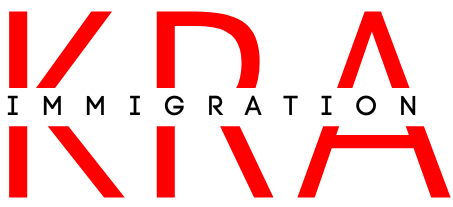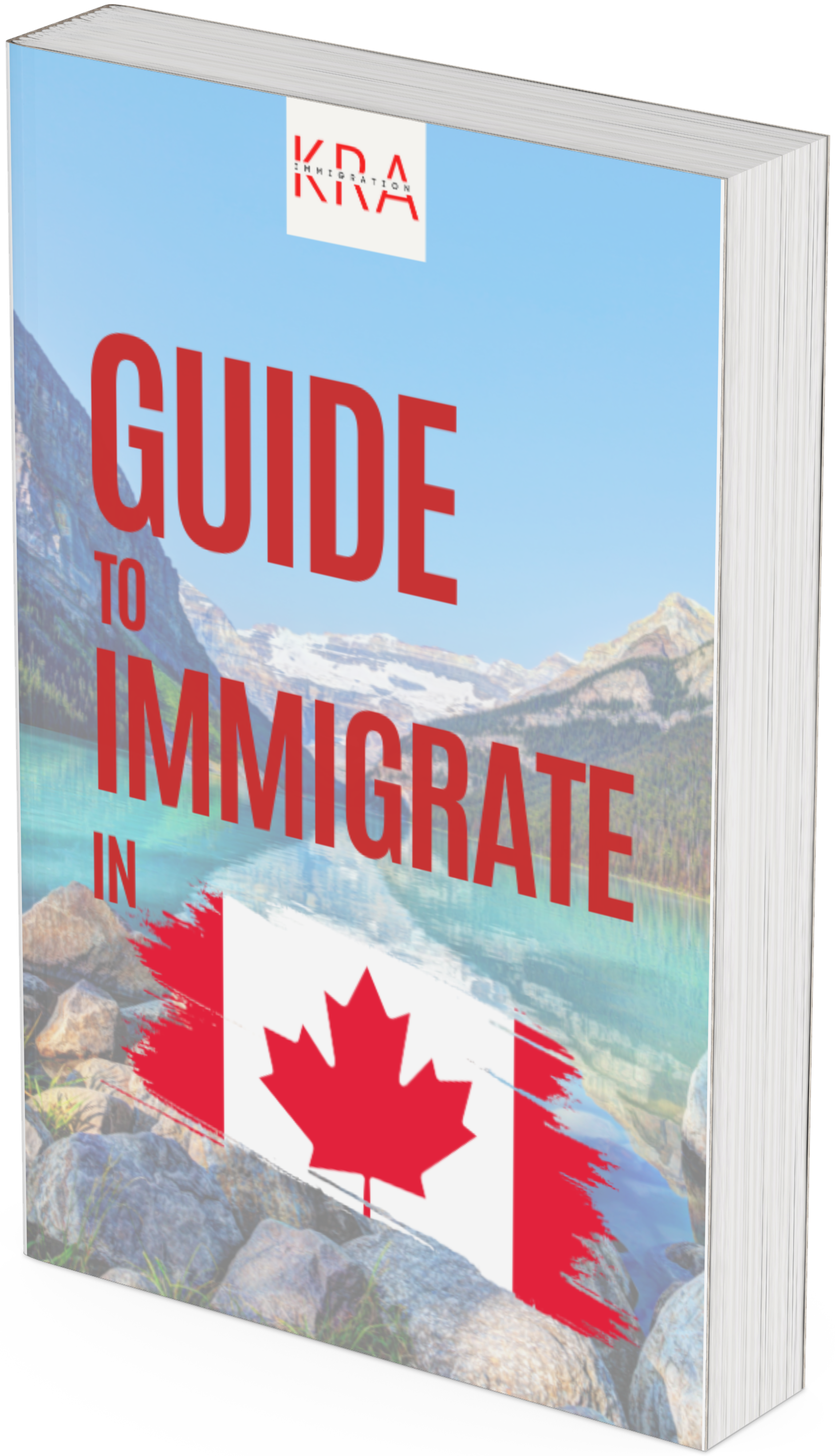How to Securely Find a Job in Canada?
Finding a job in Canada can be a significant step for many people looking to immigrate or further their careers in a new country. However, it’s important to navigate the job search process carefully to avoid scams, protect your personal information, and ensure that you land a legitimate offer. Here is a comprehensive guide on how to find employment in Canada securely and efficiently.
1. Leverage Trusted Job Search Platforms
One of the safest ways to begin your job hunt is by using reputable job search platforms. Websites like Job Bank, Indeed Canada, LinkedIn, and Workopolis are widely used in Canada and have stringent measures to filter out fraudulent listings. These platforms also offer tools for verifying employers and provide details about companies. Make sure to stick to these trusted sources to minimize the risk of encountering scams.
The Government of Canada’s Job Bank is especially reliable, offering listings from employers who comply with Canadian labor standards. It also includes features like labor market trends and average salary information for different roles, helping you evaluate job offers more thoroughly.
2. Research Potential Employers
Before applying or accepting a job offer, always research the employer. Check for a well-established online presence, including a professional website, reviews on platforms like Glassdoor, and the company’s profile on LinkedIn. This will help ensure that the company is legitimate.
Moreover, it’s essential to verify if the business is registered in Canada. You can use federal or provincial business directories to check if the company is in good standing. For instance, the Canada Revenue Agency or Corporations Canada maintains registries where you can search for a company's legal status.
3. Beware of Job Scams
Job scams are unfortunately common, and they often target international job seekers. The most notorious scams involve fraudulent job offers that ask for upfront payments for work permits, visa processing, or training. Legitimate employers in Canada will never ask for such payments.
Scams may also come in the form of "overpayment" schemes, where scammers send a cheque for more than the agreed salary and ask you to send back the difference. Such offers should raise immediate red flags. Always be skeptical of offers that seem too good to be true, as they often are.
4. Check Visa and Work Permit Requirements
Securing a legitimate job offer in Canada often involves compliance with the country’s work permit and visa regulations. Before agreeing to a job, ensure that you understand what is required for legal employment in Canada. In most cases, foreign workers will need a valid work permit. If you’re already in Canada on a different visa (like a study permit), verify if you are allowed to work under the conditions of your visa.
The Employer Portal of the Government of Canada is a useful tool that allows employers to apply for a Labour Market Impact Assessment (LMIA) if needed. This document shows that there is a need for a foreign worker to fill the job and that no Canadian worker is available. Ensure that your potential employer is complying with these regulations.
5. Tailor Your Resume to Canadian Standards
Many international job seekers fail to secure employment because they use resumes that don’t adhere to Canadian standards. In Canada, resumes are typically concise (two pages at most), avoiding personal information like age, marital status, or a photo. Include a clear summary of your skills, relevant work experience, and education.
Additionally, tailor your resume to each job application, highlighting qualifications that match the specific requirements of the position. Using tools like resume builders from reputable sources can help format your resume to fit the Canadian job market.
6. Network with Canadian Professionals
Networking is a powerful tool in Canada’s job market. Many positions are filled through referrals rather than job postings, so it’s crucial to connect with professionals in your industry. LinkedIn is an excellent platform for building these connections. You can join professional groups, attend virtual or in-person networking events, and engage in discussions relevant to your field.
Local immigrant-serving organizations also offer networking opportunities and job search workshops, which can connect you with employers and other job seekers.
7. Secure Your Personal Information
When searching for a job, protect your personal information. Do not provide sensitive details like your Social Insurance Number (SIN), bank account information, or passport details unless you are certain the employer is legitimate and you have been offered the position. Scammers often pose as employers to steal personal data.
In general, it is wise to share only your resume and cover letter during the initial stages of job hunting. Only after being officially hired should you provide other personal information for tax and employment purposes.
8. Follow-Up on Job Applications
After submitting your application, following up with potential employers demonstrates professionalism and eagerness. However, make sure you are doing so through official channels, such as the company’s HR department or via a secure email linked to their domain (e.g., name@companyname.com). Avoid communicating through personal emails or instant messaging apps, which can be less secure.
Conclusion
Finding a job in Canada is an achievable goal, but it requires caution and due diligence. By using trusted platforms, verifying employers, and protecting your personal information, you can safely navigate the Canadian job market and increase your chances of landing a legitimate offer. Networking and understanding the country’s employment standards will also go a long way in securing your dream job.



